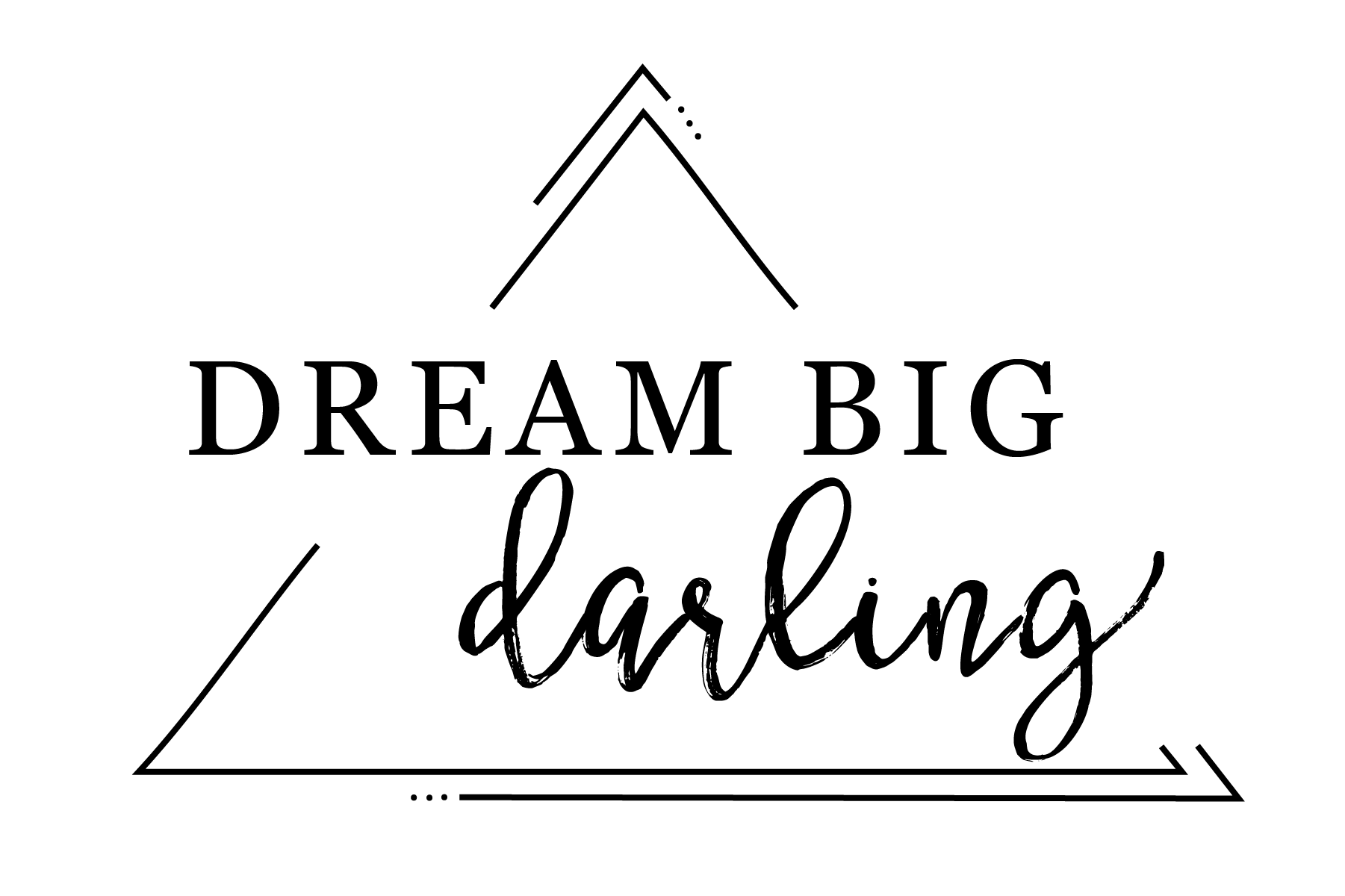TASTING PANEL FEATURE: FRESH VOICES by Paige Comerie
IN DEFENSE OF WINE INFLUENCERS
Love them or hate them the social media sensations are here to stay.
Paige Comerie
In 2018, according to the Digital Marketing Institute, 49% of consumers made purchases based on recommendations by social media influencers. Influencer Marketing Hub, meanwhile,
indicated in its “The State of Influencer Marketing 2020: Benchmark Report” that the marketing spend on influencerled campaigns increased from $6.6 billion in 2019 to $9.7 billion in 2020; in 2021, that figure is forecasted to rise to well over $10 billion.
I come at this topic from a perhaps unique perspective: While being an influencer as the founder of the wine lifestyle website Wine with Paige is my full-time job, I previously worked in the corporate world, doing digital marketing for several major e-commerce companies. I’ve sat on both sides of the conversations about influencers and know the drill inside and out. What I find fascinating is that all the
complaints about them as an industry “plague,” as James Lawrence called it in a Wine-Searcher article, show a distinct lack of regard for the data that says otherwise. There’s no true under-standing for what partnerships with influencers should look like.
Now widely accepted in other industries, influencer marketing is a prime way to reach new audiences, benefiting from the trust and validation earned by real people who have worked hard to develop authentic relationships with their followers. Perhaps one of the biggest challenges to selling wine,
especially in the digital marketplace, is awareness and trust. Why buy from a particular brand online when you can go to the neighborhood grocery store and pick up whatever they have on the shelves? This is where influencers can help: They share your story, they teach consumers why they should pick your wine over some other pretty label, and they instill confidence. They offer a glimpse into a brand more than mere tasting notes ever could. When done right, influencer marketing provides unprecedented exposure for the cost: It’s like hiring a photographer, copywriter, model, stylist, and location scout all in one go. Not only do you reach thousands and thousands of people as a result, but the people you’re reaching are already highly engaged in the content and attuned to your brand’s vibe.
Or they should be, anyway. This is one of biggest mistakes you can make in dismissing wine influencers: They are often lumped in all together, when the reality is that there’s enormous diversity in the market. Educational, irreverent, luxurious, down-to-earth—you name it. It’s necessary to vet these potential partners and find ones that align with your brand identity.
Now, this isn’t to say that all brands should be working with influencers. That’s a choice to be made based on your current business goals and status. But if you’re looking for a fantastic way to get new eyes on your product or business for a generally low cost, influencer marketing is something I strongly recommend considering. The heart of the matter is this: Wine influencers are expanding the conversation and inviting new consumers to join the world of wine, and that’s something I think we
can all agree is a good thing.
Paige Comrie is the founder and author of Wine with Paige. For more information, visit www.winewithpaige.com.
As featured in THE TASTING PANEL ~ SEPTEMBER/OCTOBER 2021 FRESH VOICES
Fresh Voices is a collaborative effort between The SOMM Journal, The Tasting Panel, and 501(c)(3) organization Dream Big Darling. The concept centers around providing opportunities to and amplifying the voices of the next generation of women in the wine and spirits industry. To learn more about Dream Big Darling, visit dreambigdarling.org or follow @dreambigdarling_org on Instagram.

